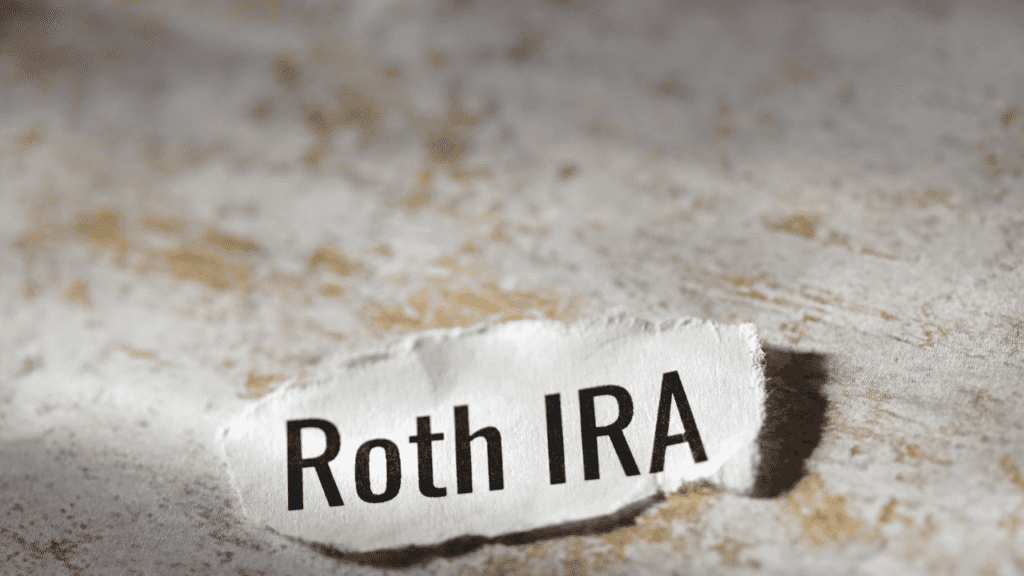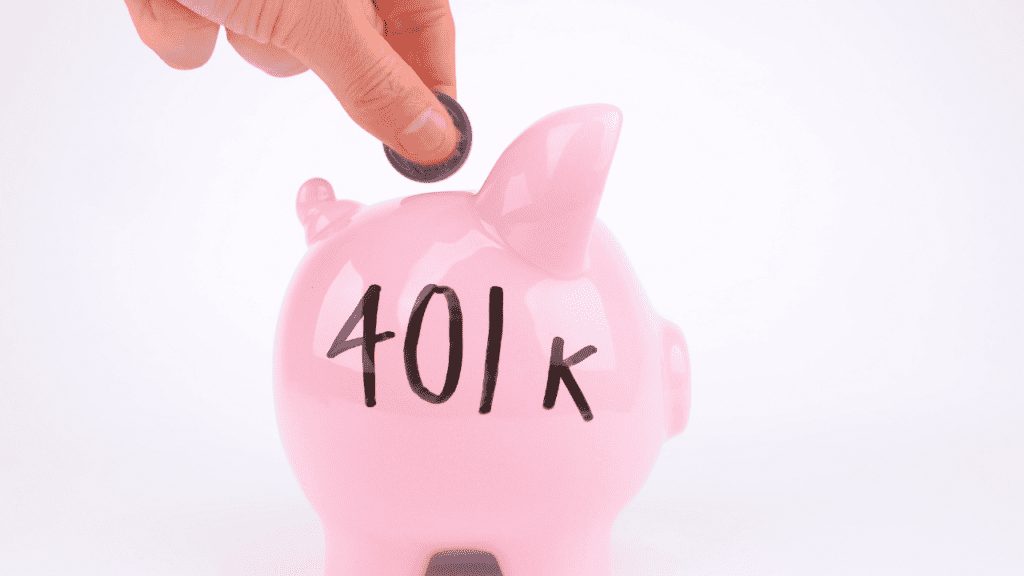Retirement Planning resources
Saving for Retirement Without an Employer-Sponsored Plan
Saving for retirement without access to an employer-sponsored plan, such as a 401(k), may not be a known option for…
Inflation Adjusted Retirement Contribution Limits for 2025
The IRS announced the new 2025 retirement contribution limits for 401(k) plans, IRAs and other accounts, increasing several of the contribution…
Why A Roth IRA and 401(K) Are Smart Retirement Vehicles For You
While saving for retirement is a great way to build your financial wealth and pile away money for the future,…
What To Do and Mistakes To Avoid With Your Old 401(k)
Have you recently left a job, been laid off, or just started a new one? If so, you’re not alone…
How We Can Help Navigate the 401(K) Landscape For Your Firm
The recent announcement of Ascensus acquiring Vanguard’s individual 401(k) retirement plan business has sparked questions among plan participants and small…
The IRS Increased Retirement Contribution Limits for 2024
The IRS announced the new 2024 retirement contribution limits for 401(k) plans, IRAs and other accounts last year, which include…
Are You HSA Eligible? If So, Check This Out
Are You HSA eligible? If so, here’s how to take advantage of it during this time of year. While open…
Do You Want to Save More For Retirement This Year? Open Enrollment Is Near So Here’s How
Now that we are in the last quarter of the year and approaching open enrollment season, we want to talk…
It’s Time To Repay Covid-19 Retirement Withdrawals to Reap Tax Benefits
If you or anyone you know withdrew funds from retirement accounts during the early stages of the COVID-19 pandemic, it’s…
How The Secure 2.0 Act Might Impact You!
Happy New Year everyone, we hope you had a wonderful holiday season and wish you a healthy, happy, and prosperous…
Are You Taking Advantage Of Your 401(k) Employer Match?
Does your job offer workplace benefits? If so, are you aware of the benefits available to you and are you…
Here Are The 401(k) Contribution Limits for 2023
The IRS released annual inflation adjustments to income tax brackets and many other adjustments for 2023 on Tuesday which are…











